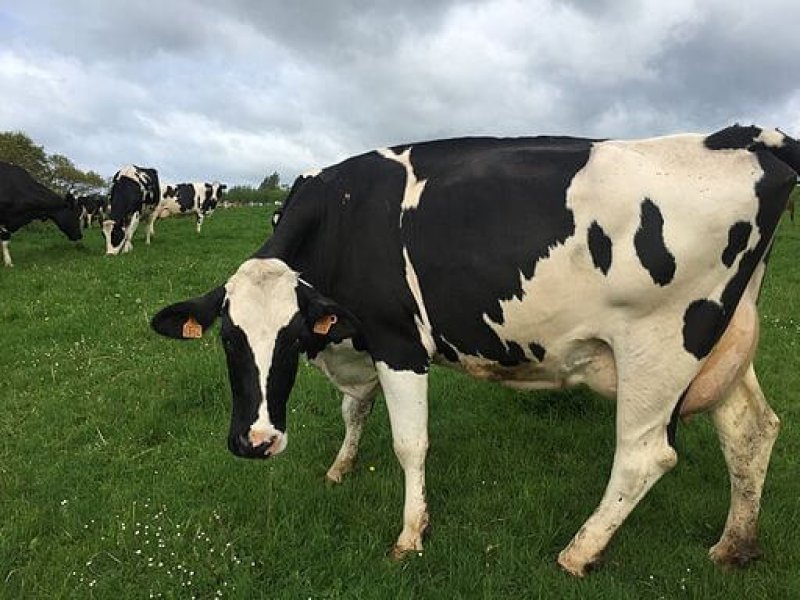SAB Biotherapeutics of South Dakota has genetically engineered cattle to produce large quantities of human antibodies—proteins that help remove harmful foreign pathogens from the body—in a rapid fashion that could be used to treat patients suffering from infectious diseases like Middle East respiratory syndrome (MERS), Ebola, and influenza. The World Health Organization recently recognized the company’s approach among six promising new technology platforms that could help respond to disease outbreaks worldwide.
…
[President and CEO of SAB Biotherapeutics Eddie Sullivan] and his colleagues engineered the cows by knocking out a section of genes in the animals and replacing it with a human artificial chromosome containing the genetic information to generate human antibodies. They then vaccinated the cows with a target disease antigen….…
Scientists have previously tried using antibodies derived from animals in an attempt to treat disease. But animal-based antibodies can produce severe side effects in people. Sullivan thinks this is less likely to happen with SAB’s antibodies since the cows are producing antibodies that appear to be fully human.
The GLP aggregated and excerpted this blog/article to reflect the diversity of news, opinion, and analysis. Read full, original post: Cows Engineered with Human Genes Could Stop Our Next Disease Outbreak































